Contents
- What is the egg collection procedure?
- How long is the egg collection procedure?
- How is egg retrieval done?
- How much does the egg collection procedure cost?
- What to expect on the day of your egg collection procedure?
- What should I do after the Egg Collection Process?
- What happens after the Egg Collection Process?
- Thinking about Freezing Eggs? Amilis can Help
In an eggshell...
- Egg collection is a minor surgery done post-stimulation to retrieve the eggs from the ovaries
- It is a non-painful, minor procedure usually done under general anaesthesia, lasting about 15-30 min
- You will be monitored for a couple of hours before being discharged the same day as the surgery
Picture this: You’ve just had the trigger shot for your egg freezing cycle, and there is no more medication for the next 36 hours. Because what comes next is D-Day.
Or the egg collection procedure.
This is the final stage where all the brunt work: the injections, the monitoring, the appointments, come to a halt, and it’s finally time to retrieve the eggs for freezing.
You’ll be informed about the procedure- aka, the basics.
But as with every process, it’s common to have questions around it.
How long does it really take? How do I have to prepare for it? What can I expect? What do I eat?
So we compiled all this information below, on all things egg collection, along with tips from our in-house medical team and embryologists.
Ready to take notes? 🗒️ Let’s dive in!
What is the Egg Collection Procedure?
The egg collection procedure, or the retrieval, is the stage of your egg freezing cycle where you will have to undergo a minor surgery. This is to aspirate or retrieve eggs from the follicles in your ovaries.
Until this point, your ovaries would have been stimulated with medication, along with continuous follicular monitoring of the growing eggs.
During the retrieval, you’ll be under sedation or anaesthesia, while the doctor performs a transvaginal ultrasound (similar to an AFC scan) and uses an ultrasound-guided needle to aspirate mature eggs from your ovaries.
“We usually schedule the egg retrieval about 36 hours from the trigger injection, and when we have detected at least 3 follicles of size >17mm or at least one 20mm follicle” says Navya Muralidhar.
This is because these follicle sizes are better indicators of mature eggs being present.
How Long is the Egg Collection Procedure?
The collection procedure typically takes 15 to 30 minutes, depending on how accessible and visible the ovaries are during the ultrasound. The egg retrieval is usually concluded when doctors have aspirated follicles from both ovaries.
Doctors visualise the ovaries using a transvaginal ultrasound (similar to your follicular scans). They then puncture the follicles (one at a time) to aspirate the follicular fluid, which contains the eggs.
This fluid is simultaneously collected in tubes to be sent to the embryologist in the lab.
At the end of the procedure, you will be shifted to a ward for monitoring. You will also get to know an estimate of the total number of eggs retrieved.
How is Egg Retrieval Done?
We can break down the retrieval process into three stages to understand it better:
Stage one: Preparation for the egg retrieval
This timeline is between the night before the egg retrieval and the morning of the egg retrieval.
In case of general anaesthesia, which is given in most cases, you will be instructed to stop intake of water and food about 6-8 hours before the procedure.
For instance, if your retrieval is scheduled at 7 AM, you would have to stop intake of water and food at about 11 PM the previous night.
Before the procedure, you’ll also be asked to follow some simple dos and don’ts to keep the environment safe and sterile. Avoid using perfumes, scented lotions, deodorants, or any hair products on the day of your retrieval, as these can release volatile organic compounds (VOCs) that may affect the eggs. Skip wearing nail polish, makeup, or jewellery, since these can interfere with monitoring equipment or pose a contamination risk
Stage two: During the egg collection procedure
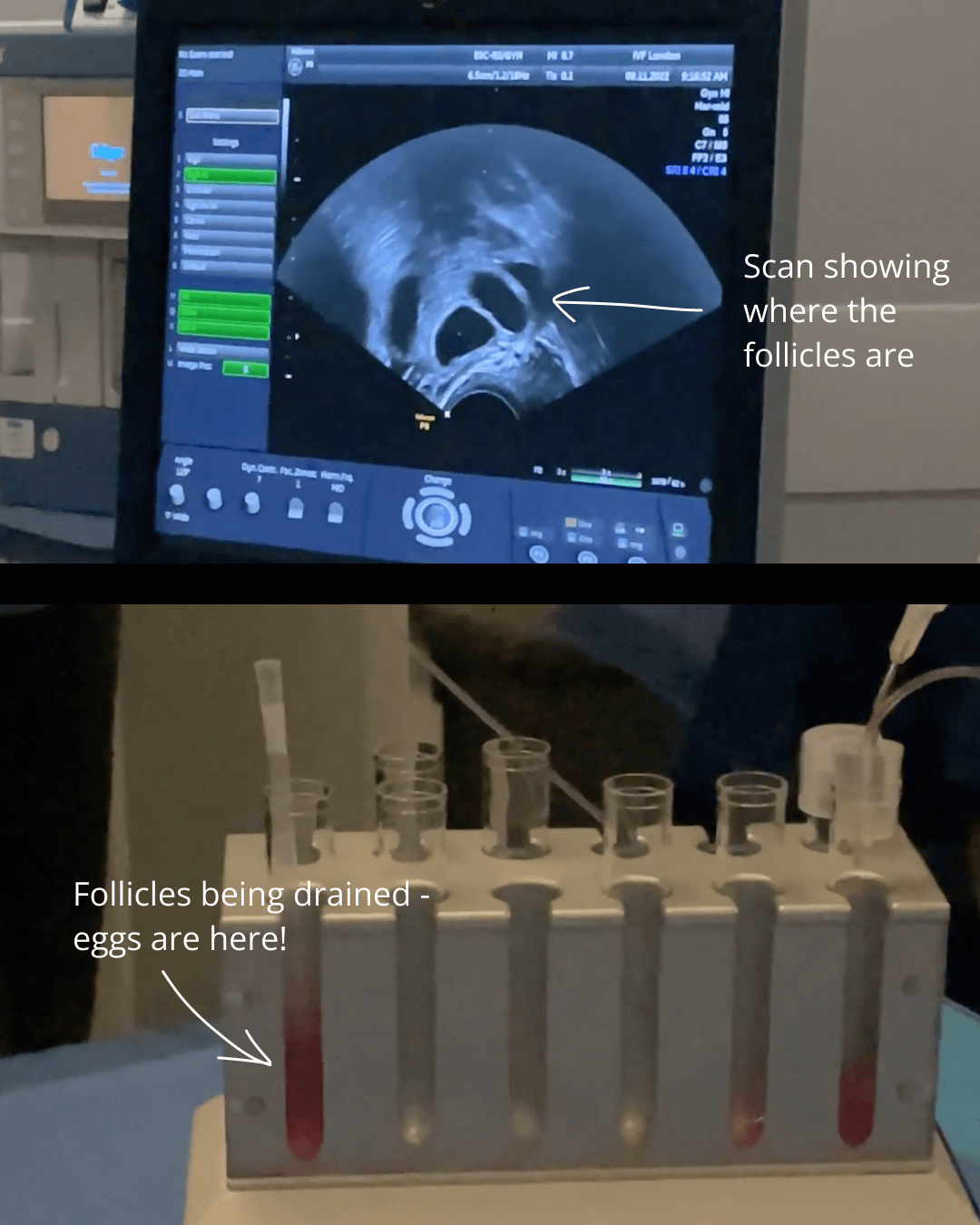
During the retrieval, you will be under anaesthesia. In the surgical room, the doctor will have an ultrasound machine by their side, a transvaginal needle which is connected to 2 things – a vacuum for the “sucking” or the “aspirating” part and a set of test tubes to collect the follicular fluid.
Here’s how it goes: once the doctor identifies the ovaries on the ultrasound, they will insert the needle via the cervix, directly into the ovaries.
Once they identify the follicles on the ultrasound screen, they puncture them and use the power of the connected vacuum to suck out the follicular fluid.
This fluid directly deposits in the test tubes that are connected to the needle. Once a tube fills up with follicular fluid, it is closed and sent to the lab for analysis.
In the lab, the embryologist empties the follicular fluid into a petri dish, which is then held under a microscope to observe and identify eggs. At this point, the eggs kind of look like this:
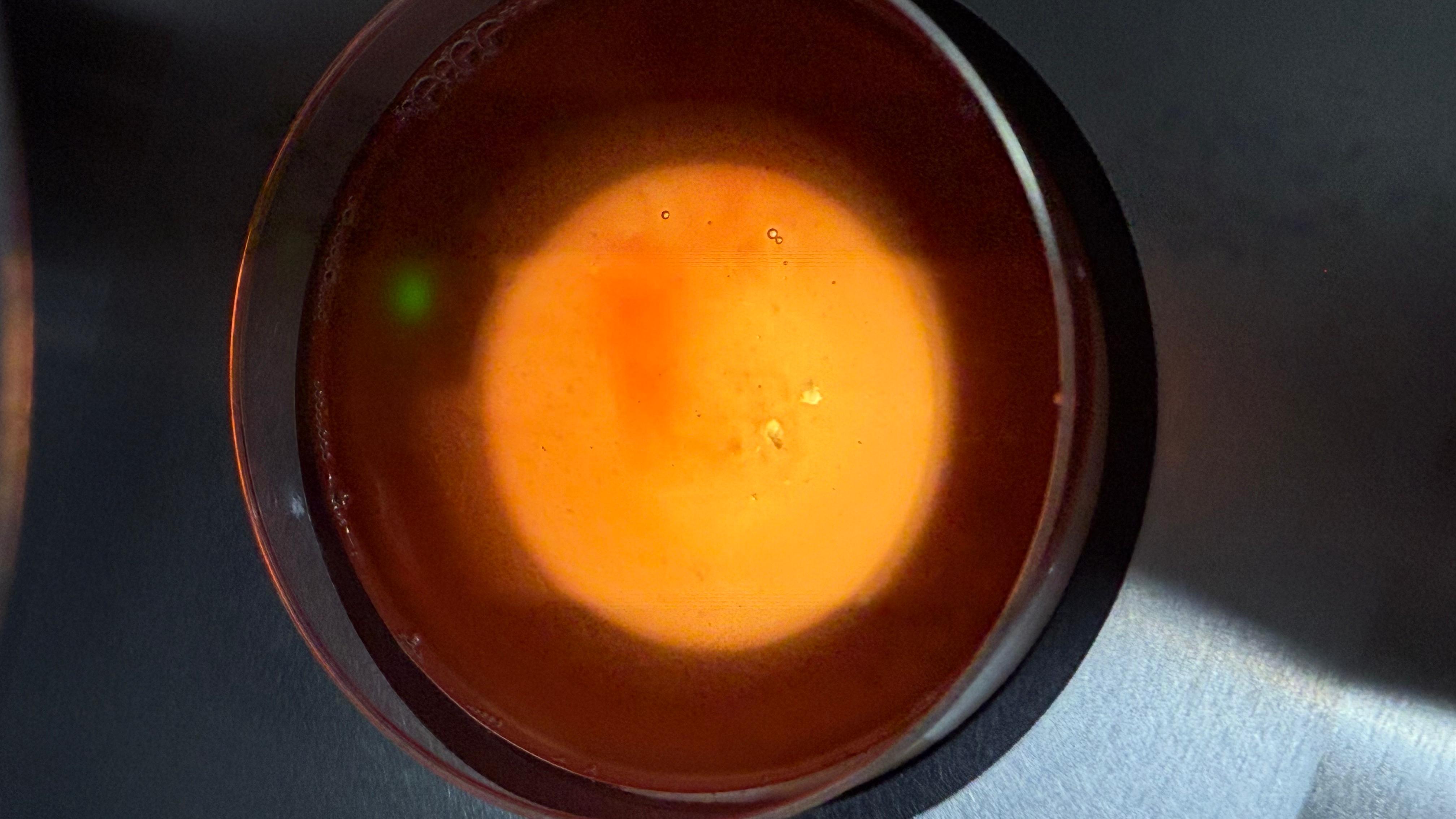
As soon as eggs are identified in the fluid, the embryologist uses a pipette to gently aspirate them and deposit them in another petri dish containing all the eggs from the procedure.
Stage three: After the egg collection procedure
Once all the follicles are punctured in both ovaries, and the eggs are retrieved, the doctor calls an end to the surgery.
You will then be wheeled out to an observation room where you can rest and recover from the surgery.
🥼What’s really happening in the embryology lab while you rest?
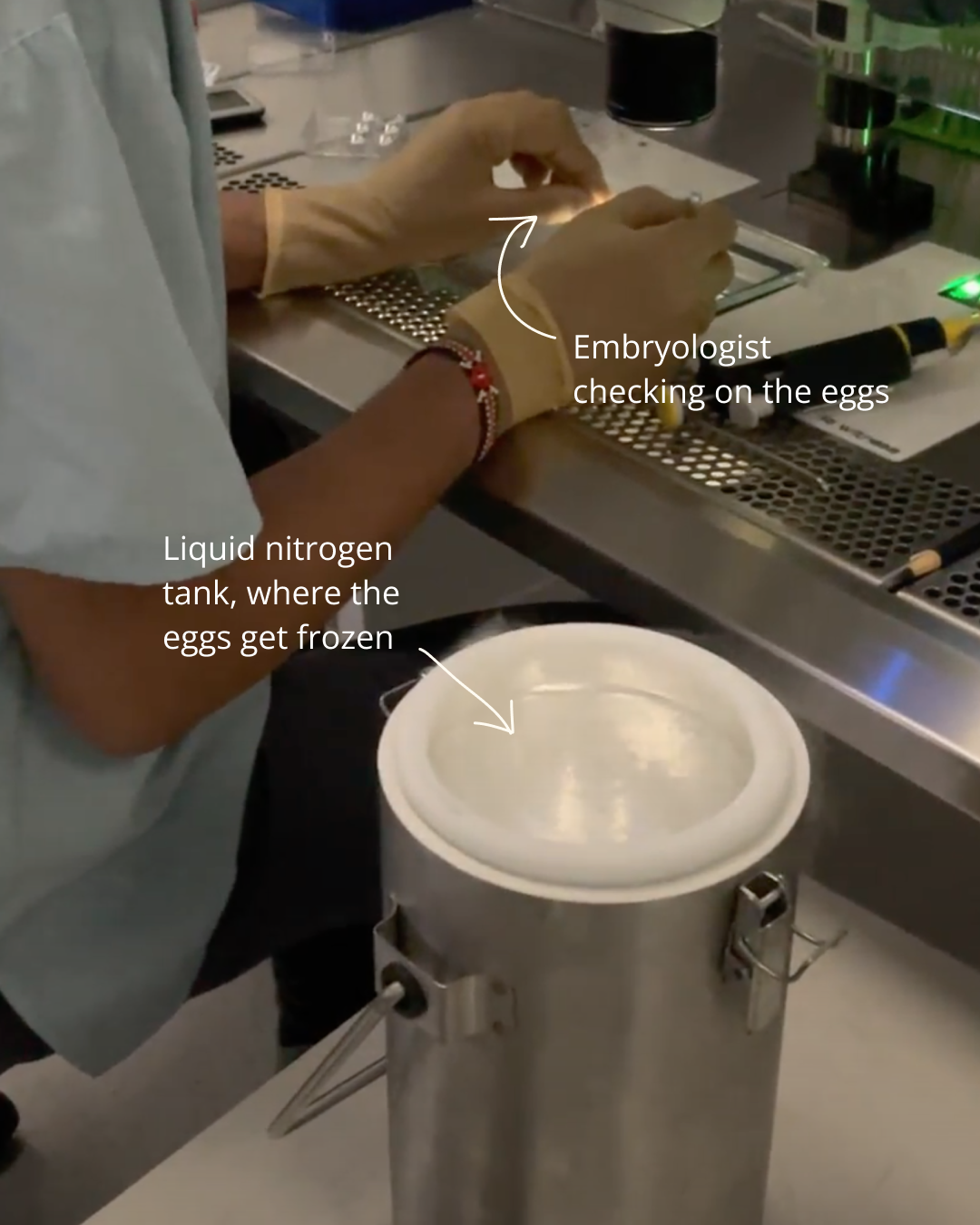
While you rest, in the lab, the next step for the embryologists is to assess the maturation of the eggs. Because the eggs, when retrieved, are covered in cumulus cells, knowing whether they are mature or not is hard. (It’s like a protective jacket that’s covering the details 🧥)
So, embryologists have to do a process known as denudation, where they take out the cells and are able to check whether an egg is mature or not. This step is important because only mature eggs are selected for egg freezing.
But remember: this is only if you’re freezing your eggs. If you have opted for IVF, they may partially denude the eggs or skip that step, as long as they can assess the maturity.
How Much Does the Egg Retrieval Process Cost?
The egg retrieval process is usually included in the egg freezing cycle in most clinics across the UK. Since it’s not a standalone procedure like blood tests, or an added medication, it’s usually not billed separately.
What to expect on the Day of your Egg Collection Procedure?
While the surgery itself does not take long, you will be required to be under observation for about two hours post-surgery.
Before being cleared for discharge, you will be monitored for any signs of pain and recommended to be on painkillers if the pain persists.
It’s important to have a caretaker tag along and drop you home post-surgery since you may still be tired after the procedure.
What should I do after the Egg Collection Process?
To be honest, only two words: Specifically, on the day of your collection procedure, depending on the time of the surgery, you will be asked to come in 1 to 2 hours prior.
You’ve juggled the medication, appointments, the scans and right now, it’s all about recovery.
Once you’re cleared from observation and are allowed to go home, make sure to ask for any pain medication if you have slight pain, and remember to stay hydrated, nourish yourself with the right foods and take adequate rest.
What happens after the Egg Collection Process?
If you’re wondering what really happens to your eggs in the lab once you’re in the cab home post-surgery, here’s what to know:
If you’re freezing eggs:
The embryologist in the lab will denude (or strip the egg cells of their surrounding cumulus cells) to check the maturity. Once they know how many eggs are mature and immature, they will choose the mature eggs for freezing.
They’ll then go for freezing devices, such as cryolock, to freeze the oocytes using freezing media. They’ll then be marked and dipped in liquid nitrogen before being transferred to containers within liquid nitrogen tanks.
Here’s a quick glimpse of how eggs are frozen along with freezing media:
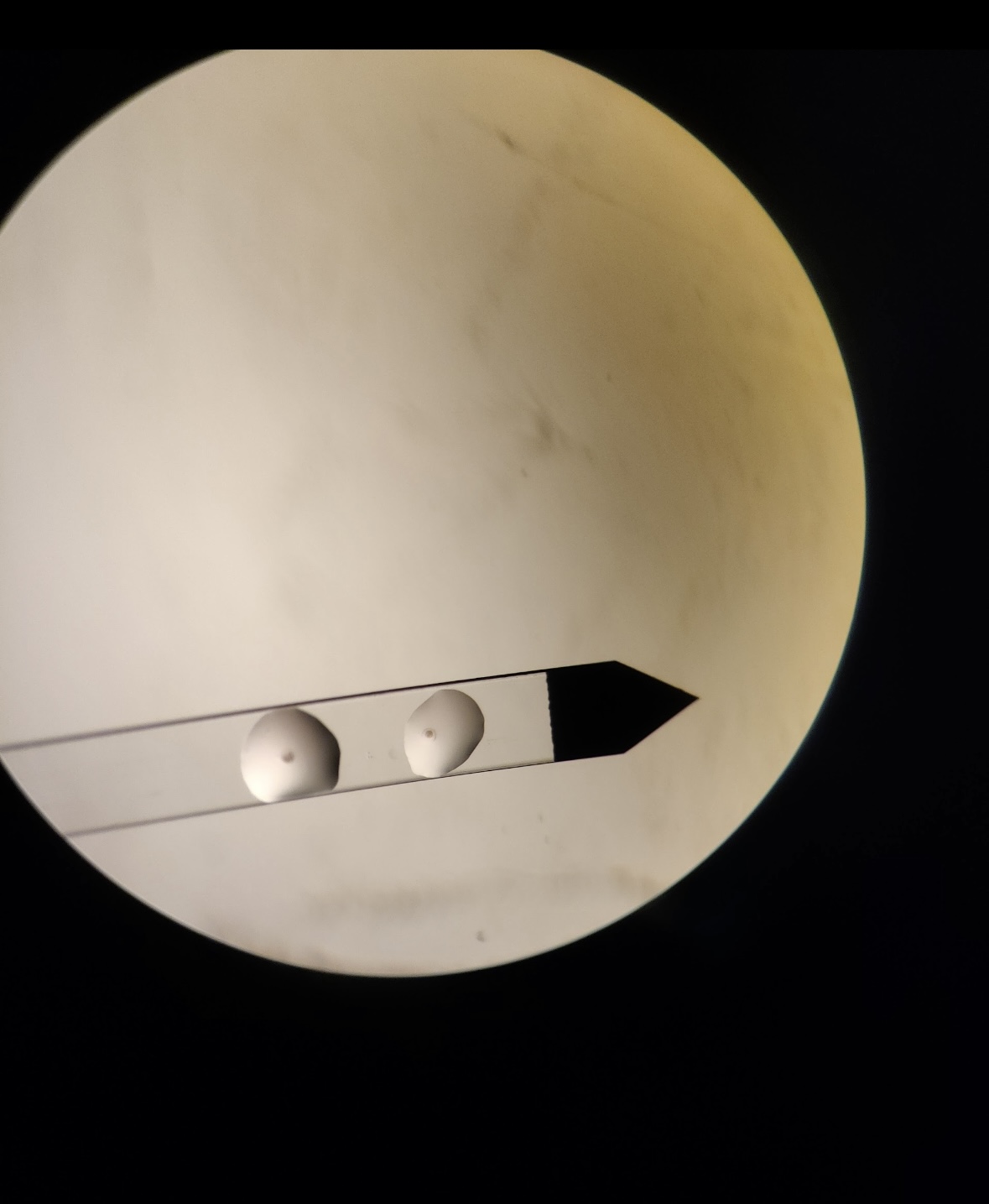
You’ll also get a call from the clinic about the mature eggs and how many were frozen.
And that’s it- until you choose to use them, you’ll be called in for renewal storage every year while your eggs are tucked away safely.
If you’re freezing embryos:
Even with embryos, the procedure of removing the surrounding cells remains the same. However, instead of freezing right after denudation, these eggs will be fertilised with sperm using a method called ICSI (Intra Cytoplasmic Sperm Injection).
This method is used because IVF cannot be done on denuded eggs (aka eggs that don’t have the surrounding cumulus cells). In ICSI, the semen sample is washed, centrifuged, and embryologists choose a single sperm from the sample for each egg to be fertilised.
These fertilised eggs are then monitored for growth and development. The fertilised egg turns into a zygote, then a 2-cell, 4-cell and 8-cell embryo, and when they become a blastocyst (30-100 cells), they are frozen using devices like cryolock.
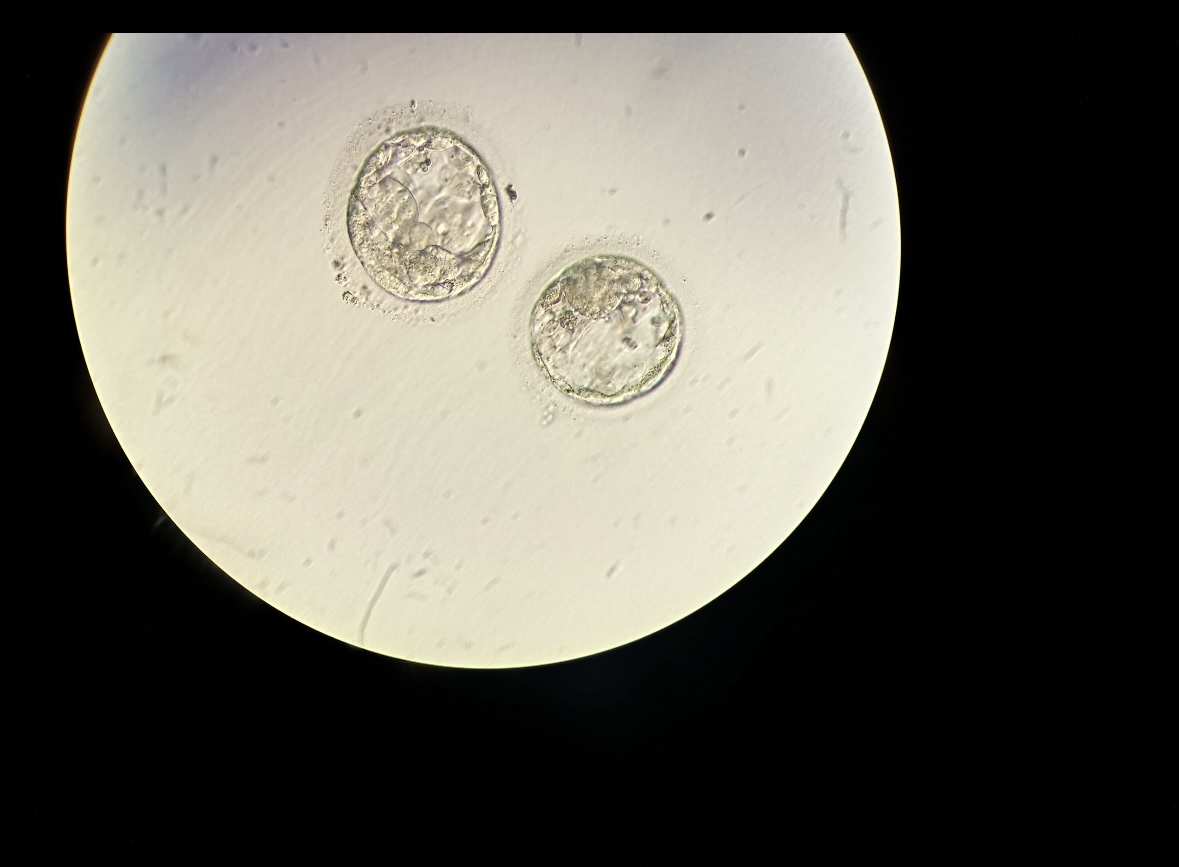
If you’ve opted for IVF:
If you’ve opted for IVF, then, after collecting the eggs, the embryologist may or may not denude the oocytes.
“This is because with egg freezing, we have to remove the surrounding cells to reduce damage, but with IVF, these very cells can actually help with signalling sperm for fertilisation” says Navya Muralidhar.
If you have opted for partner, sperm or donor sperm, the sample will be collected the same day as your collection procedure. With IVF, the eggs and the sperm are co-incubated in a petri dish for a couple of hours or overnight.
Once they see signs of fertilisation and development, the embryos will be transferred on day three or day five.
Thinking About Freezing Eggs? Amilis can Help
When you choose the right specialist, clinic, and the right resources, your fertility journey becomes a tad bit easier.
Because while most of the effort comes from you, having the right resources around you can change how you experience your freezing cycle.
That’s why, at Amilis, we believe in providing the best care, from the very first step. Here’s how:
- Get discounted prices on fertility tests, such as AMH and full hormone panel, or virology and PCOS tests (at price is 50% cheaper than fertility clinics)
- Get personalised reports with free mini consultations and follow up consultations with doctors
- Get free consultations with expert doctors across the UK
- Free consultations with vetted egg freezing clinics near you
Still have any questions on where to start? Take our fertility quiz instead.
It’s about time we make fertility care accessible, not a luxury.
And we’re paving the way for it, one day at a time 🙌🏼



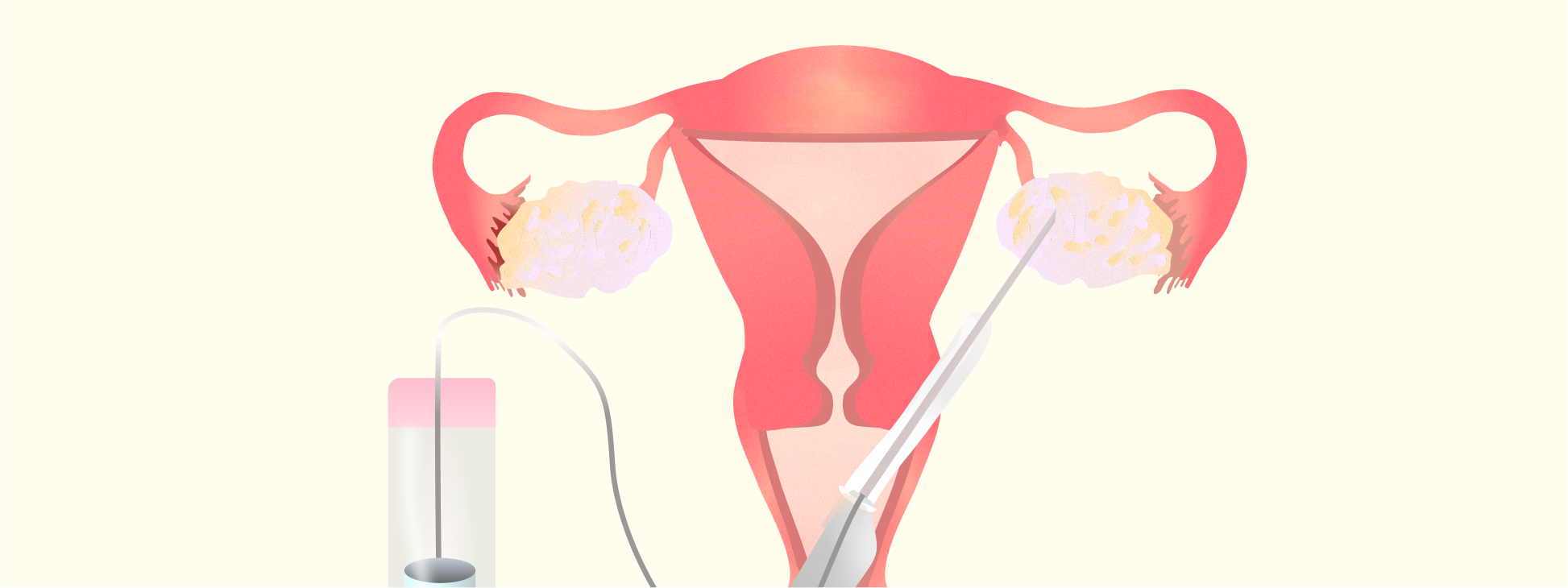

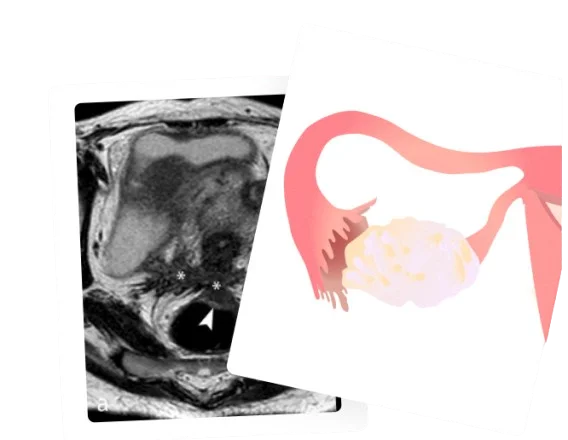


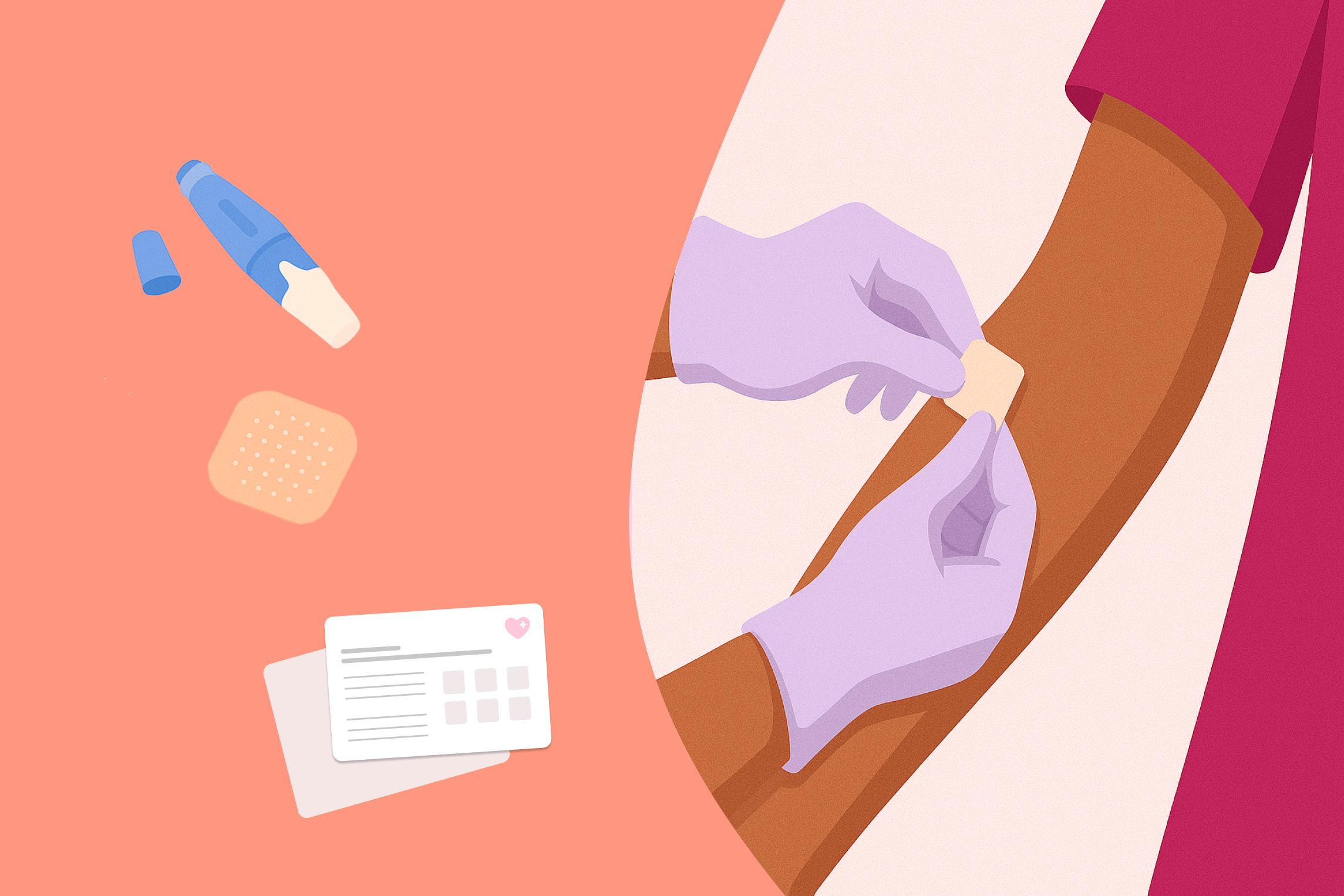
.png)


